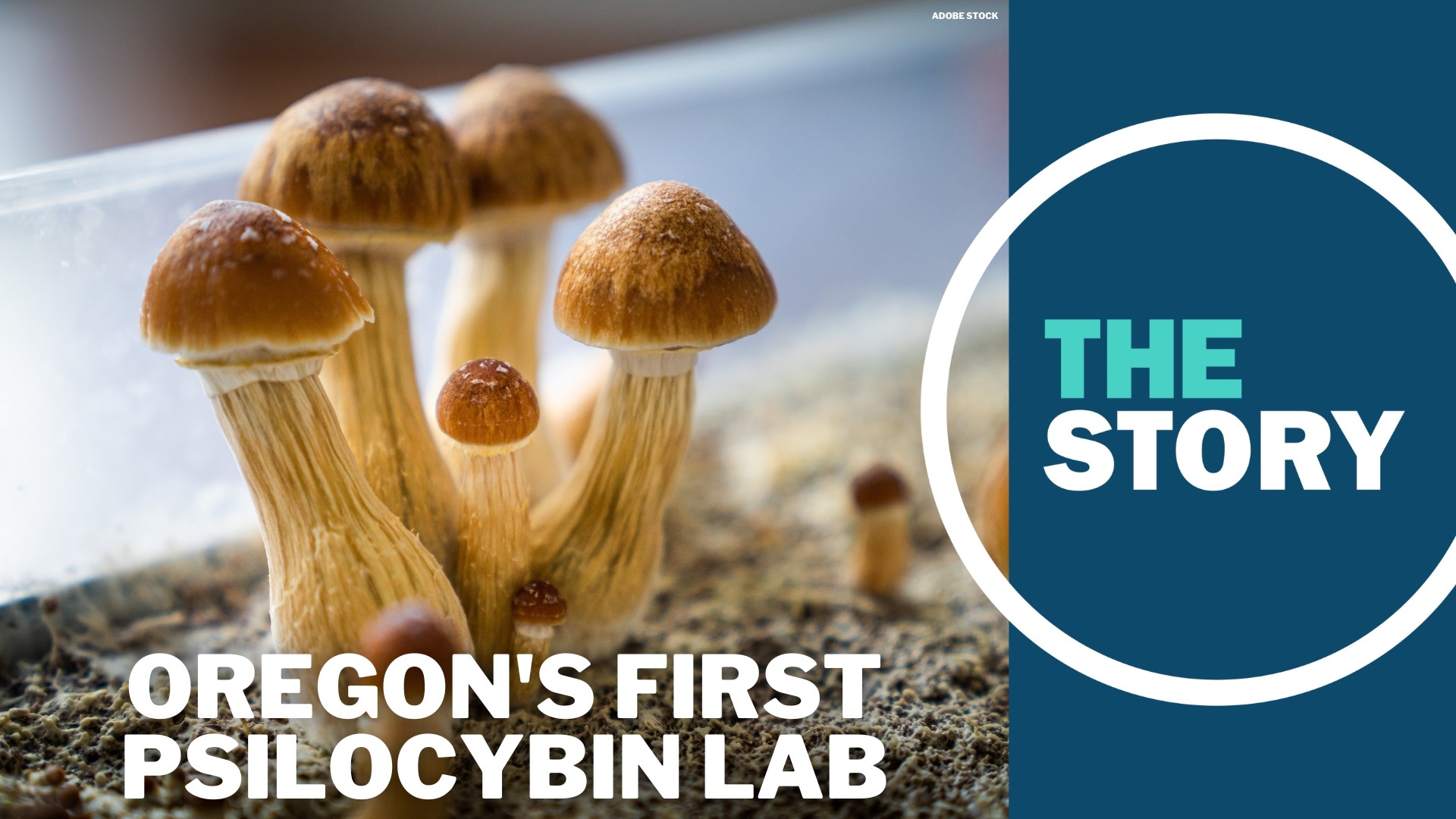Several Oregon Cities Ban Psilocybin Despite Prior Statewide Legalization

Despite Oregon's groundbreaking decision to legalize psilocybin services statewide in 2020 through Measure 109, a growing number of cities and counties are opting out, creating a patchwork of regulations that threatens to undermine the intended accessibility of these therapeutic treatments. The move underscores a deep divide within the state regarding the implementation and acceptance of legalized psilocybin.
This trend of local bans raises critical questions about the balance between state-level legalization and local control, the future of Oregon's psilocybin program, and the accessibility of alternative mental health treatments. While proponents champion psilocybin's potential for addressing mental health challenges, opponents voice concerns about safety, community impact, and the speed at which legalization has progressed.
The Nut Graf: Unpacking the Local Opt-Out Movement
Since Measure 109 took effect, at least a dozen Oregon cities and counties have implemented moratoriums or outright bans on psilocybin service centers and cultivation facilities. This local pushback stems from a variety of factors, including concerns over potential negative impacts on communities, uncertainties about regulatory oversight, and a general hesitancy to embrace the novel nature of legalized psilocybin.
The Oregon Health Authority (OHA) is responsible for regulating and overseeing the psilocybin services program statewide. However, Measure 109 explicitly grants local governments the authority to prohibit or place additional restrictions on psilocybin businesses within their jurisdictions.
This local control provision has effectively created a bifurcated system, where psilocybin services are legal in some areas but prohibited in others, causing confusion and potentially limiting access for individuals seeking these treatments.
Roots of the Resistance: Concerns and Criticisms
The opposition to psilocybin services at the local level is multi-faceted. Some residents and local officials express apprehensions about the potential for increased crime or negative social impacts associated with psilocybin businesses.
Others question the adequacy of the OHA's regulatory framework, citing concerns about ensuring client safety and preventing the misuse of psilocybin. Still others worry about the potential normalization of drug use and the message that legalization sends to young people.
"Our primary concern is the safety and well-being of our community," stated Mayor Patricia Smith of Happy Valley, which voted to ban psilocybin businesses. "We need more time to understand the potential impacts and ensure that we have the necessary safeguards in place."
Legal and Procedural Issues
Some local bans have faced legal challenges, with proponents arguing that they contradict the intent of Measure 109 and unduly restrict access to a legally recognized treatment. These challenges raise complex questions about the scope of local authority and the interpretation of state law.
Furthermore, the process by which some local governments have implemented bans has been criticized for lacking transparency and adequate public input. Critics argue that decisions have been made without sufficient consideration of the potential benefits of psilocybin services or the voices of those who could benefit from them.
The Perspective of Proponents
Advocates of psilocybin services emphasize the potential benefits for individuals struggling with mental health conditions such as depression, anxiety, and PTSD. They point to scientific research suggesting that psilocybin-assisted therapy can be a safe and effective treatment option when administered in a controlled and supervised setting.
They argue that local bans undermine the will of Oregon voters who supported Measure 109 and limit access to a potentially life-changing treatment for those who need it most. They also contend that concerns about safety and community impact are often based on unfounded fears and misconceptions about psilocybin.
"These bans are based on fear, not facts," said Sam Chapman, executive director of the Healing Advocacy Fund. "Psilocybin services offer a promising new approach to mental health care, and it's a shame that some communities are choosing to block access to this potentially life-saving treatment."
The OHA's Role and Response
The Oregon Health Authority (OHA) has acknowledged the challenges posed by local opt-outs and is working to provide guidance and support to local governments as they navigate the implementation of Measure 109.
The OHA emphasizes the importance of education and outreach to address concerns and promote understanding of the regulatory framework for psilocybin services. They maintain that the state's regulations are designed to ensure client safety and prevent the misuse of psilocybin.
However, the OHA's authority is limited by the provisions of Measure 109, which explicitly grants local governments the power to prohibit or further regulate psilocybin businesses.
Looking Ahead: The Future of Psilocybin in Oregon
The ongoing tension between state-level legalization and local control is likely to continue shaping the landscape of psilocybin services in Oregon. Future legal challenges, legislative action, and public education efforts could all play a role in determining the future accessibility of these treatments.
The success of Oregon's psilocybin program hinges on finding a balance between respecting local autonomy and ensuring equitable access to a potentially valuable mental health treatment. This will require ongoing dialogue, collaboration, and a commitment to addressing legitimate concerns while promoting evidence-based understanding of psilocybin's risks and benefits.
Ultimately, the question of whether Oregon's experiment with legalized psilocybin will succeed depends on the willingness of communities to embrace a new approach to mental health care and to work together to create a safe and responsible regulatory framework.


















